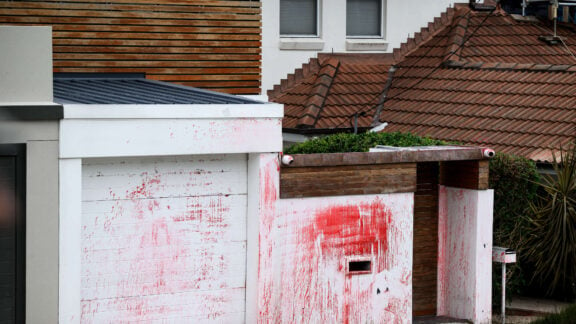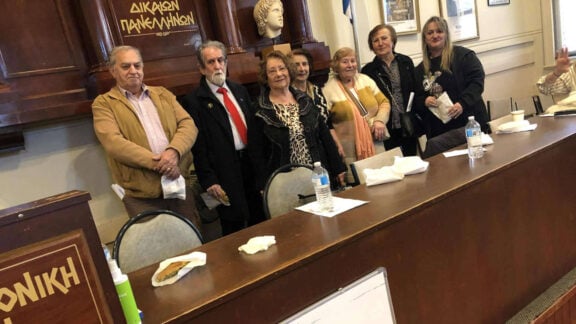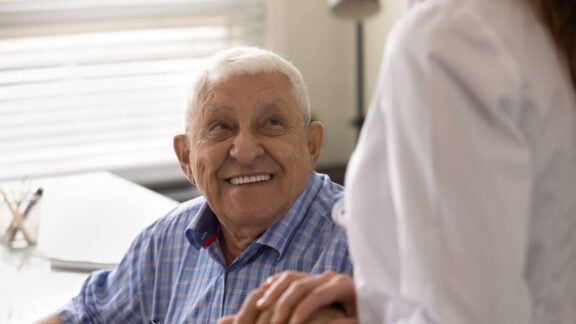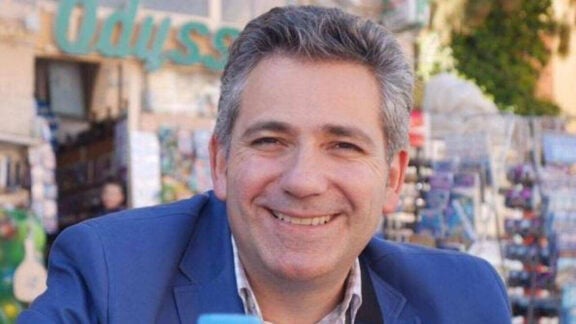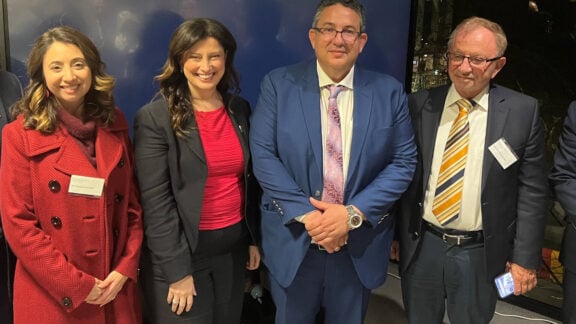The current financial situation in Greece has increased the pressure for the Logos Australian Centre for Hellenic Language and Culture at Flinders University to succeed, forcing them to ask the Greek community for help.
If the centre succeeds in its goal to promote and preserve Greek language and culture the incentive to create more Greek cultural centres within the diaspora is expected to increase.
“If the Greek economy collapses, and there is nothing left, it doesn’t mean that everything is lost. We are going to go ahead with the money given to us from South Australian Government and the support from the community,” Michael Tsianikas, Professor of Modern Greek, Flinders University, told Neos Kosmos.
Tsianikas said that if the centre at Flinders University works, many more around the globe will follow suit. “That’s why it’s absolutely important for us to succeed. Because if we are not successful then there will not be any possibility for other centres around the globe to open,” he said.
In July, the centre received $600,000 from the South Australian Government in funding to promote and nurture Greek education, knowledge and culture. This funding was initially to co-exist alongside support from the Greek Government. When initial discussions about the centre took place – which have been going on for nearly four years – there was a mutual understanding that the Greek Government would support the centre, but “money was never mentioned”.
Tsianikas met with Fofi Gennimata, Alternate Minister of Education, in Greece this March to discuss the Greek Government’s committment to the centre and how they were able to support them.
Through this meeting, it was agreed that the Greek Government would fund a three-day-week teacher for the centre, which they are currently doing until the end of the year.
Tsianikas also suggested that the Greek Government look at providing a teacher for another five years, and also for the University of Crete, through the Paideia Omoyenon project, to supply professional development for 30 Greek teachers, spread out over two years.
However, the centre cannot rely on the support of the Greek Government alone.
With the financial support from the South Australian Government to ensure its four-year existence, the centre is looking for support from the Greek community to make sure it exists for another 20 to 30 years.
Tsianikas is currently working hard to build strong foundations for the centre to keep it alive.
“We are creating an ‘association’ or ‘friends of the centre’ in order to support and deliver cultural programs to the community.
“That way, we can create a lobby to negotiate with government with the university, because the one of my major concerns for years now is the succession plan for this centre.”
The centre has also used the funding from the South Australian Government for the professional development of its teachers and to create an online teaching program.
Flinders University has provided the centre with a secretary to work one day a week to work on the promotion of the centre.


